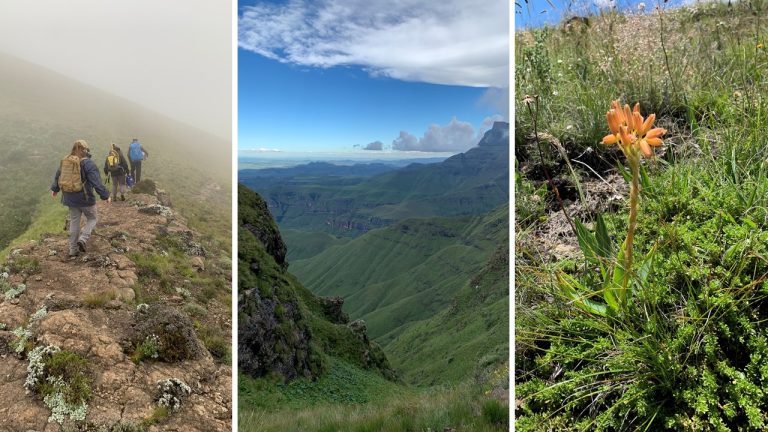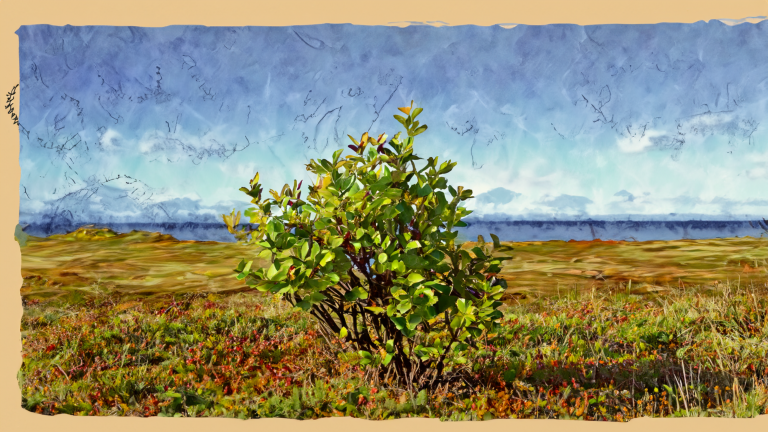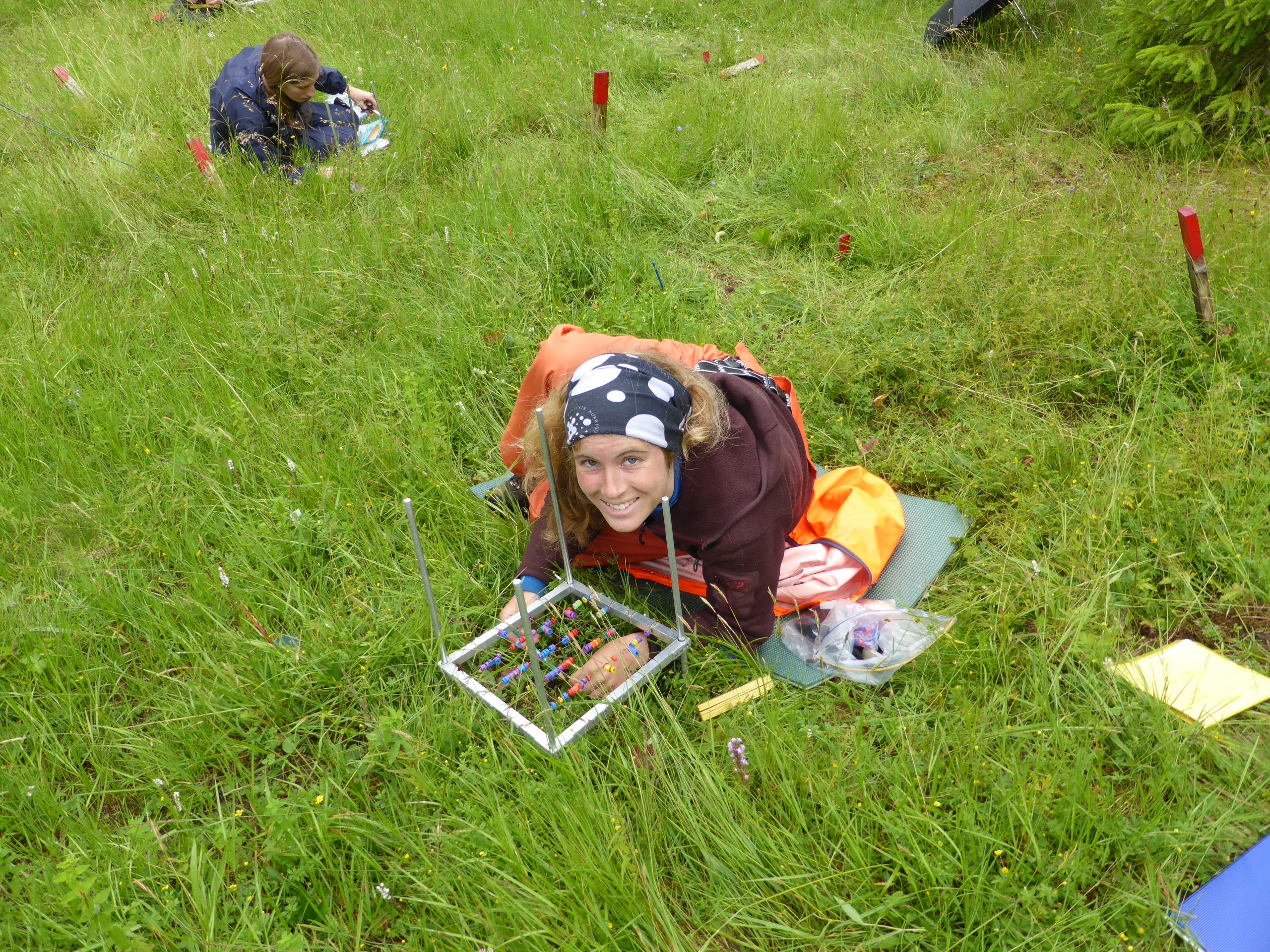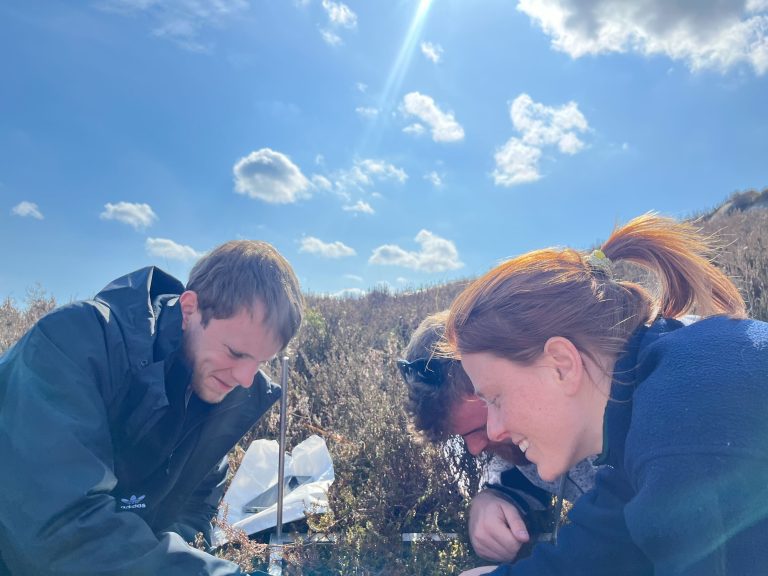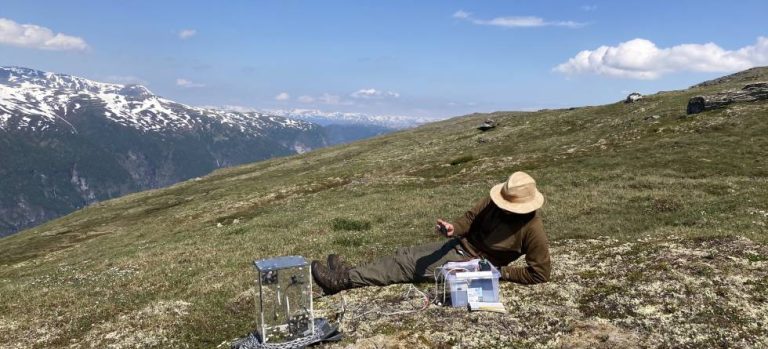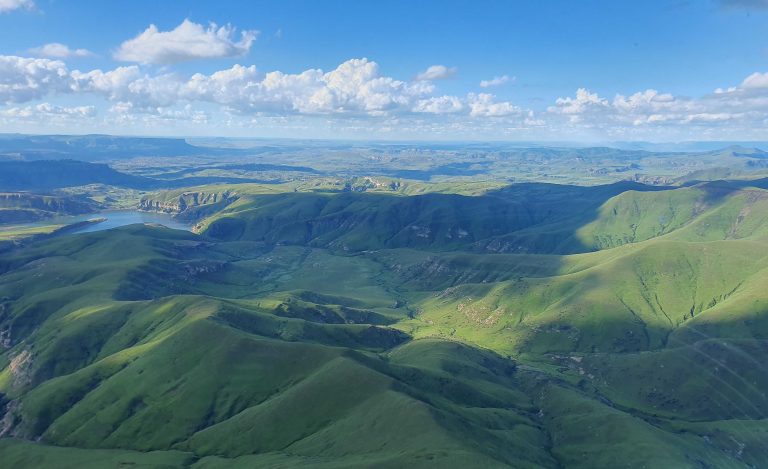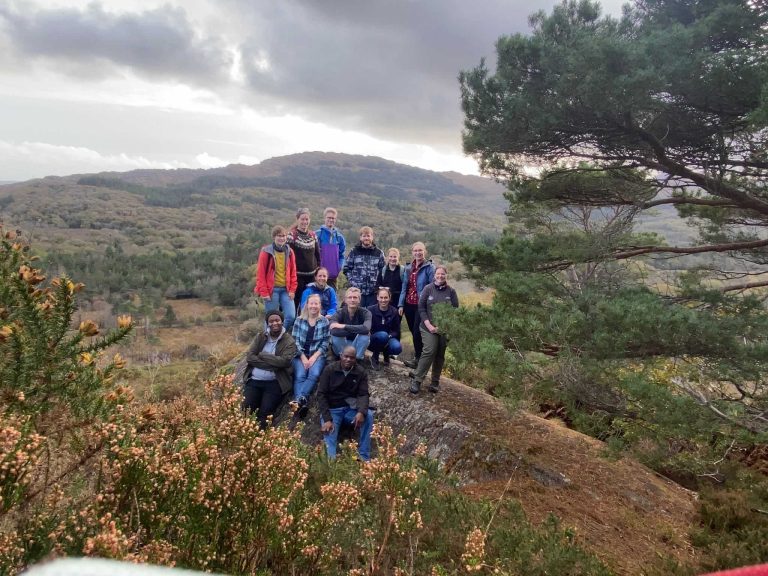The Between the Fjords group has received funding for two new research collaborations between Norway and South Africa. These projects build on long-term collaboration with Peter Le Roux (University of Pretoria) and V. Ralph Clark (Afromontane Research Unit at the University of the Free State) in South Africa through the Plant Functional Trait Courses and READ MORE
Category: Blog
Come work with us! Apply for our Postdoctoral position within terrestrial ecosystem modelling.
Are you interested in plant functional types and ecosystem modelling? Come work with us! Dwarf-shrubs are a dominant plant functional group across the boreal, arctic and alpine biomes, and they play important roles for biodiversity, ecology and ecosystem functioning in the habitats in which they occur. For example, dwarf-shrubs provide important food resources for grazers, READ MORE
Research is not done in a flash in the best of times. Fieldwork, data analyzes and writing take time. But this time it took over ten years, two doctorates and one baby to get there. We have just published a new article in the scientific journal Ecography. The article describes how grass and grass-like species, READ MORE
Internship blog: Roos on the start of her internship
Roos Bruins Slot is one of our interns this year. She is part of the Durin project and works with our PhD student Kristine Birkeli to help collect carbon flux measurements in the field. Get to know Roos better! She writes: “I’m a Dutch Biology student and started my internship with Between the Fjords in READ MORE
Tundra might turn from carbon sink into carbon source due to global warming
Tundra ecosystems hold vast amounts of carbon, which is projected to be released into the atmosphere under climate warming. Our group contributed to this important and alarming new paper in Nature, led by researchers from Umeå University in Sweden. Using carbon flux data collected inside and outside open-top chambers (OTCs), we show that ecosystem respiration READ MORE
Come work with us! Apply for our Postdoctoral position within terrestrial ecosystem modelling.
Are you interested in plant functional types and ecosystem modelling? Come work with us! Dwarf-shrubs are a dominant plant functional group across the boreal, arctic and alpine biomes, and they play important roles for biodiversity, ecology and ecosystem functioning in the habitats in which they occur. For example, dwarf-shrubs provide important food resources for grazers, READ MORE
Plant Functional Traits Course engages in South African RangeX sites
In December 2023, the 7th plant functional traits course (PFTC7) took place in the Drakensberg mountains of South Africa. We were particularly pleased that this led to a collaboration with the RangeX project. During PFTCs, research is usually conducted along an elevational gradient. This time, the highest location at ca. 3000m coincided with the high READ MORE
RangeX writing retreat in Ireland
In November 2023, the RangeX team spend a productive week in Ireland, delving into various tasks, data sets, and papers. Numerous constructive discussions ensued, generating ideas for future project outputs. We outlined the joint field experiment data paper, incorporating data sets from China, Switzerland, Norway, and South Africa. The team members focusing on aboveground interactions READ MORE
Apply for our PhD Research Fellow in plant-mycorrhizal interactions
Are you interested in plant-soil interactions and mycorrhizal associations in nordic environments? Come work with us! Dwarf-shrubs are a dominant plant functional group across the boreal, arctic and alpine biomes, and they play important roles for biodiversity, ecology and ecosystem functioning in the habitats in which they occur. For example, dwarf-shrubs provide important food resources READ MORE
Plant Functional Traits Course 7 in South Africa – Apply now!
Plant Functional Traits Courses (PFTC) offer hands-on training in applications of plant functional trait ecology within a real-life field research project setting. During this 7th PFTC course, students will collect and explore plant functional trait data in the field and use trait-based approaches within community and ecosystem ecology. Following the course, students will have opportunities to participate READ MORE

